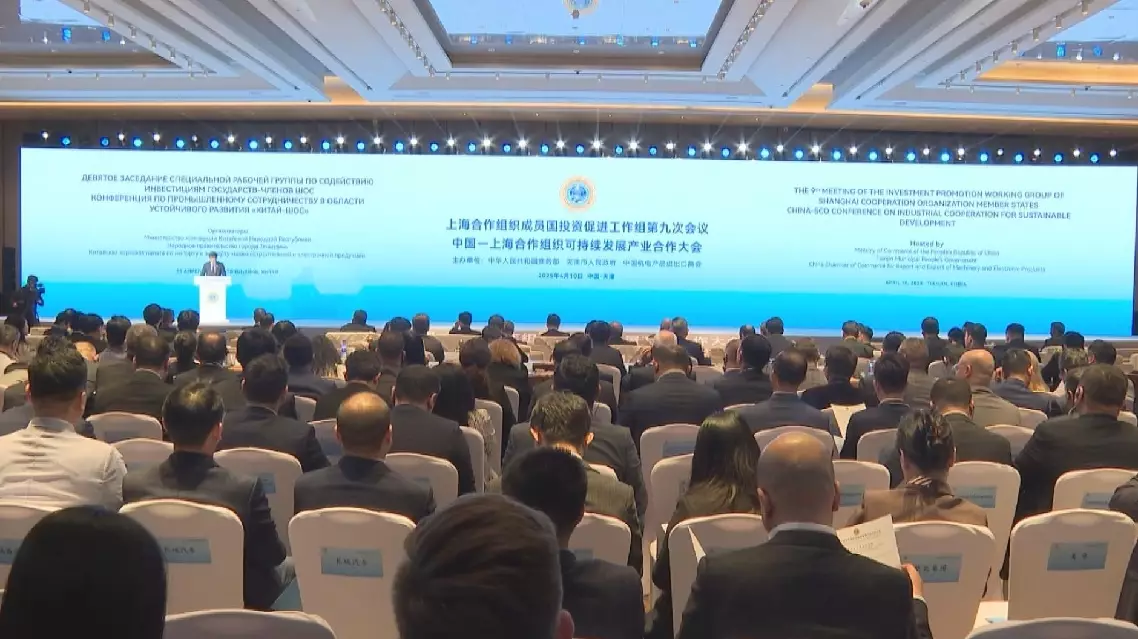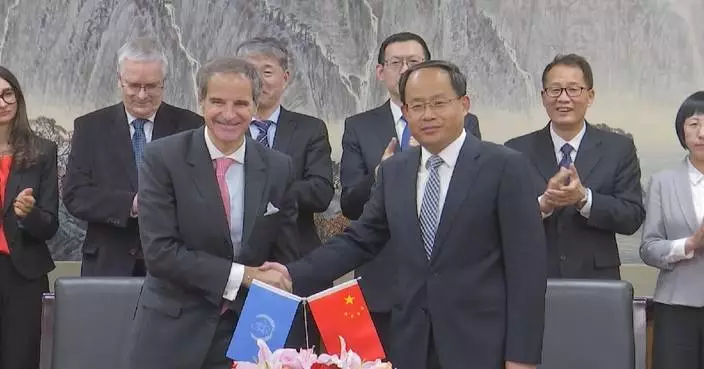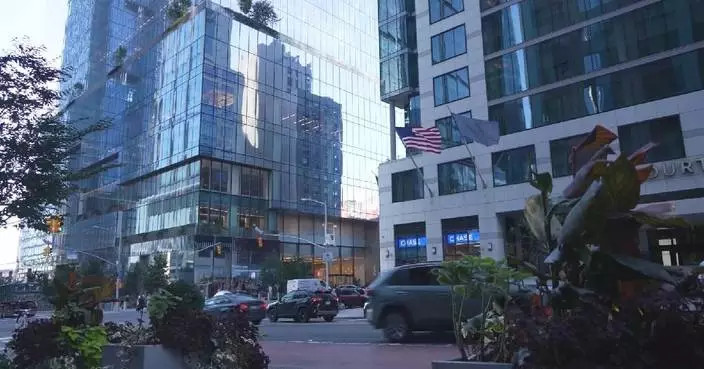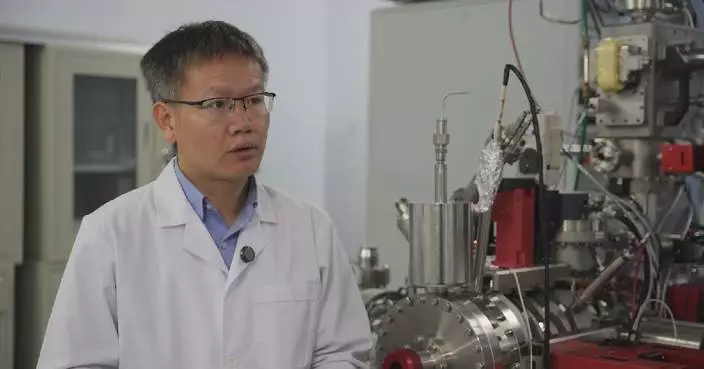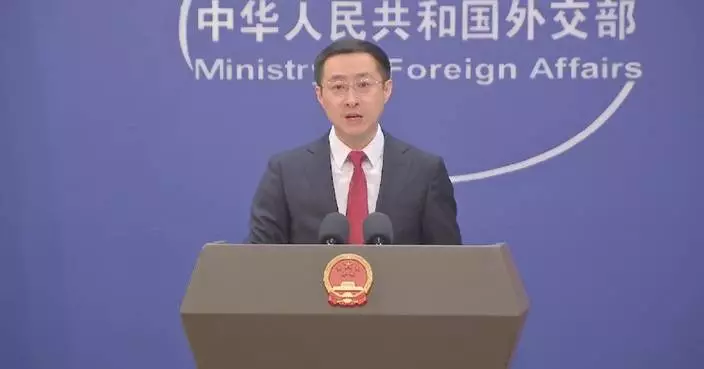Global payments technology company Mastercard has announced a new service for faster and more reliable cross-border trade payments at the Swift International Banker's Operation Seminar 2024 (Sibos 2024) in Beijing.
The Sibos 2024 was held from Monday to Thursday, and it is the first time the Chinese capital has hosted this annual event.
Over 10,000 participants from more than 150 countries and regions gathered in Beijing for the Sibos 2024, which covered a wide range of topics, including payments, digital assets, trade financing, artificial intelligence and sustainable finance.
In a recent interview with the China Global Television Network (CGTN), Alan Marquard, the executive vice president and the head of Transfer Solutions at Mastercard, said the new payment service launched at the Sibos 2024 enables faster and near real-time money transactions between banks and their clients, which helps to solve many cross-border trade pain points.
"Payments get made, but how well do they get made is the real problem. The first thing that we wanted to clean up was that a lot of payments 'break,' as we say. So it gets sent, but the receiver doesn't recognize it. There's not enough data that comes with it. Their details that are wrong. So, we've come up with a mechanism to make sure that payments are accepted at both ends, and that the moment that happens, the payment can happen. So the second thing that's really cool about this is near instant receipt of a payment. With this mechanism, the moment we've checked the money is there ready to be sent, and the person getting the money is happy to receive it, we send an instruction, the money is locked. It's credited on the other side, and that transaction is done for whoever is getting the money more or less straight away. And because we run all the time, that's available 24/7 365," said Marquard.
Marquard also highlighted the potential demand for Chinese banks to adopt this service for better international trade payment operations.
"We announced it only on Monday and the interest from banks globally has been immediate. Like I said at the beginning, trade happens everywhere and China is a massive trading partner. There are huge trade payments, and there's absolutely no reason why we wouldn't do that for Chinese banks. So the savings and everything that I described that this does for banks making trade payments completely applies to banks in China. I have no doubt from what we've seen this week that there will be plenty of interest and plenty of opportunity for Chinese banks," he said.

Mastercard launches new service for faster, more reliable global trade payment

Mastercard launches new service for faster, more reliable global trade payment



